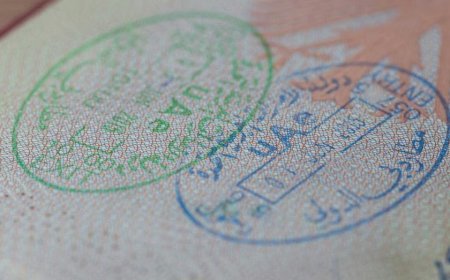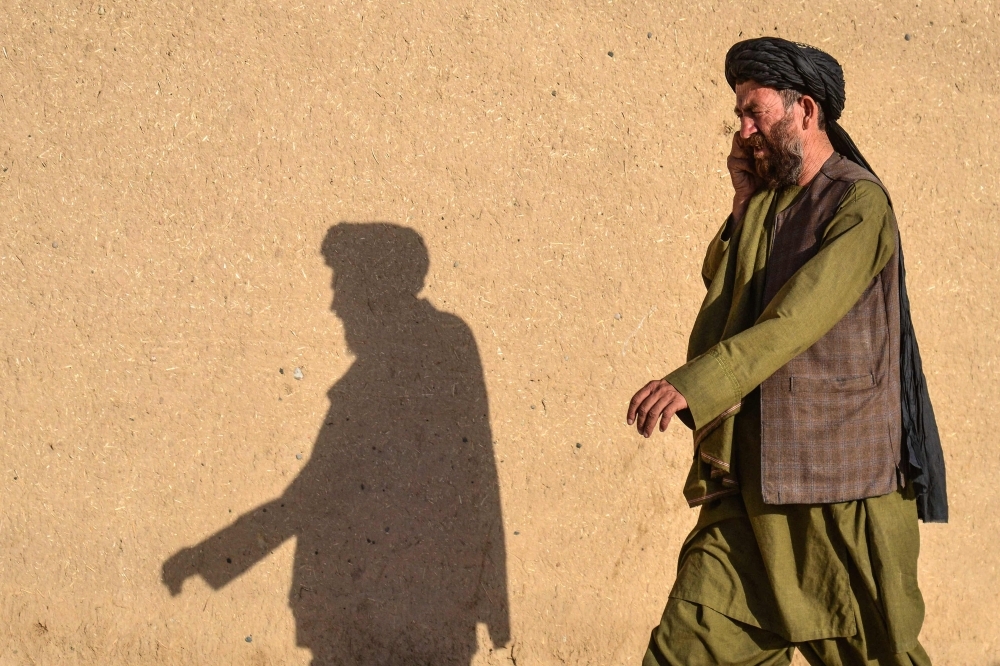Yemen’s PM Resigns, Urges Unity as Yemen Faces “Critical Phase”
"I found myself powerless to make the changes needed within key state institutions. This powerlessness has led me to tender my resignation as Prime Minister out of loyalty to Yemen’s unity," said Ahmed bin Mubarak.
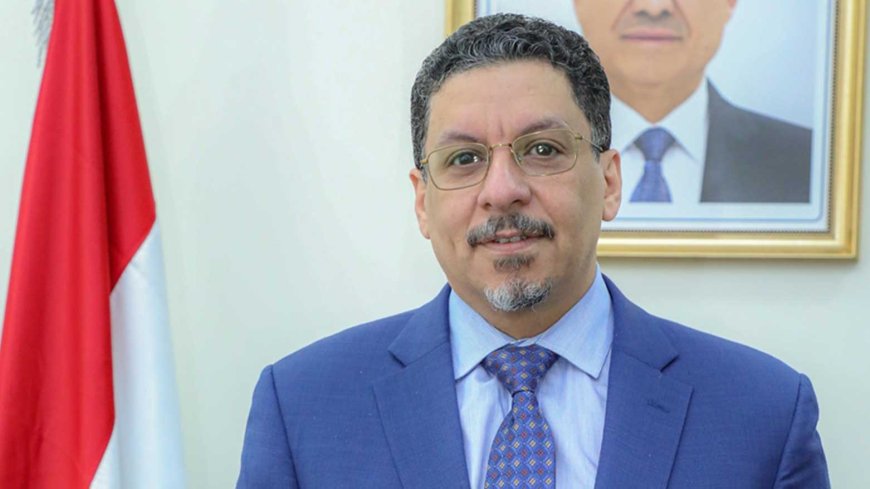
Ahmed Awad bin Mubarak, Prime Minister of Yemen, submitted his resignation to Rashad al-Alimi, head of the country’s Presidential Leadership Council, on Saturday, citing deep frustrations over limited authority and his inability to implement critical reforms.
In a post shared on the social media platform X, bin Mubarak wrote, “I pray to the Almighty for success for whoever takes over from me. I also call on all parties to offer their support to move forward with the responsibilities that lie ahead during these difficult times our country is going through.”
Bin Mubarak emphasized his efforts in trying to restore state institutions and reverse the effects of the Houthi coup, while also combating corruption and initiating financial and administrative reforms from the capital city, Aden. However, he acknowledged facing serious obstacles in exercising his constitutional powers and implementing necessary changes.
“Despite my heartfelt commitment to my people and the solemn oath I made to God, I found myself powerless to make the changes needed within key state institutions. This powerlessness has led me to tender my resignation as Prime Minister out of loyalty to Yemen’s unity and hope for the country's salvation during this critical phase,” he added.
Ahmed Awad bin Mubarak, appointed Prime Minister of Yemen in 2022, was widely viewed as a technocrat and reformist with close ties to the West and the internationally recognized Yemeni government. A former ambassador to the United States, his tenure came at a time of ongoing conflict between Yemen’s internationally backed government and the Iran-aligned Houthi movement, which seized control of the capital, Sana’a, in 2014.
Yemen's internal divisions and proxy involvement by regional powers such as Iran have exacerbated what the United Nations calls the world's worst humanitarian crisis. Although the formation of the Presidential Leadership Council in 2022 was intended to unite anti-Houthi factions, it has often struggled with internal rivalries and overlapping authorities.
Bin Mubarak’s resignation highlights the growing tensions within Yemen's power structure, particularly between civilian institutions and military or regional power brokers. His departure could further complicate governance at a time when the country is desperately in need of stabilization and reconstruction.
Ahmed bin Mubarak’s resignation comes at a pivotal moment, as Yemen’s internationally recognized government prepares to launch a major ground offensive to reclaim territory from the Iran-backed Houthi rebels. The departure of a prime minister long seen as a stabilizing figure reflects both the urgency and the complexity of Yemen’s internal dynamics at a time when political unity is vital for the success of the looming military campaign.
With support from the United States and Gulf allies, and as Iran’s regional influence wanes, the government views this as a rare opportunity to shift the tide of war. However, Mubarak’s acknowledgment of deep institutional paralysis and his inability to enact necessary reforms reveal the persistent fractures that threaten to undermine Yemen’s push for sovereignty and peace.
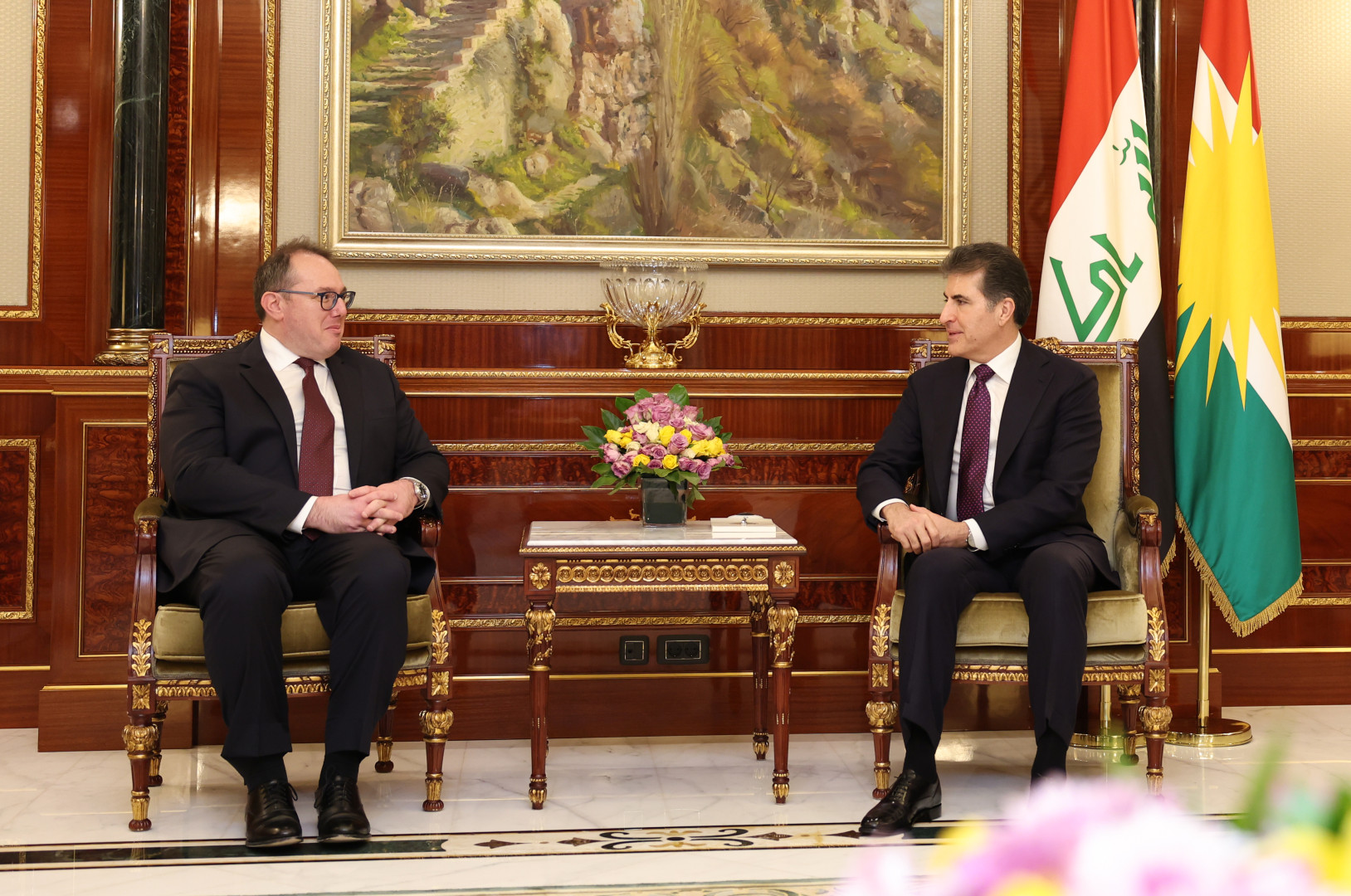






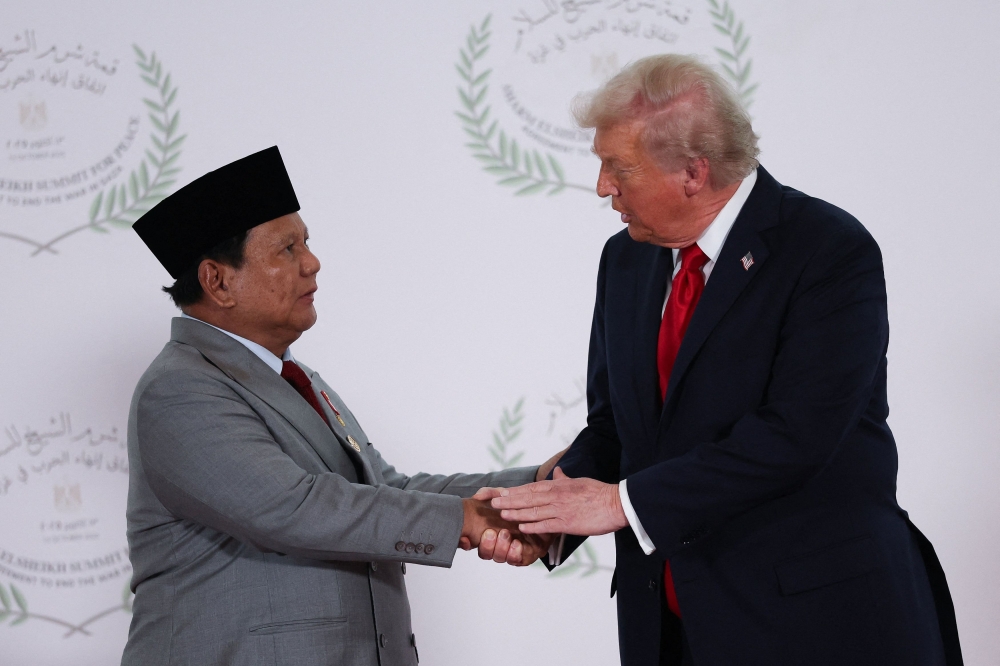

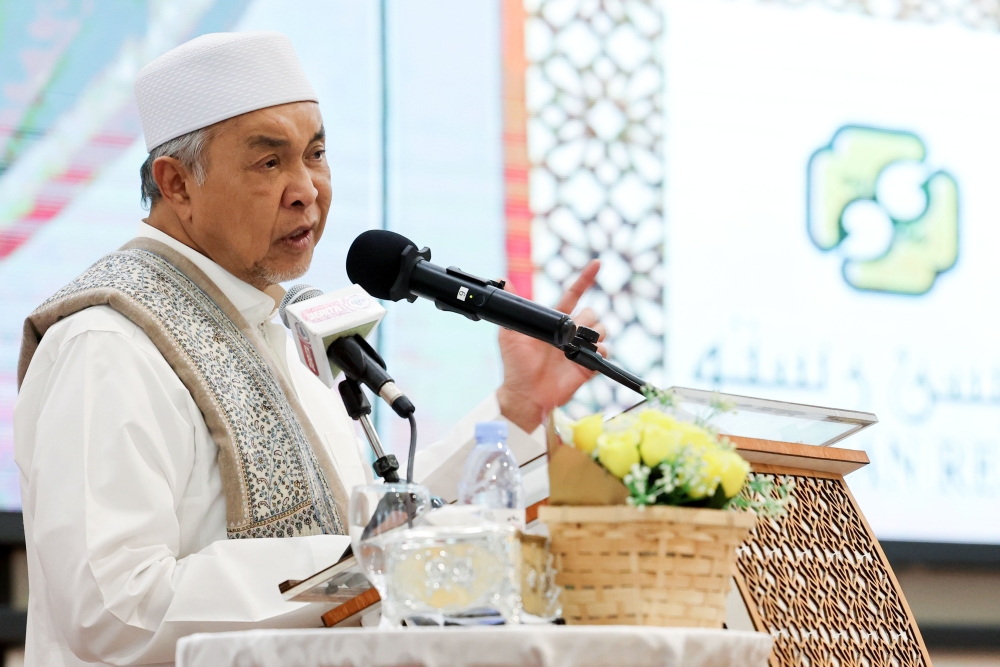














/file/attachments/2988/P1YoungLeaders_622876.jpg)





















